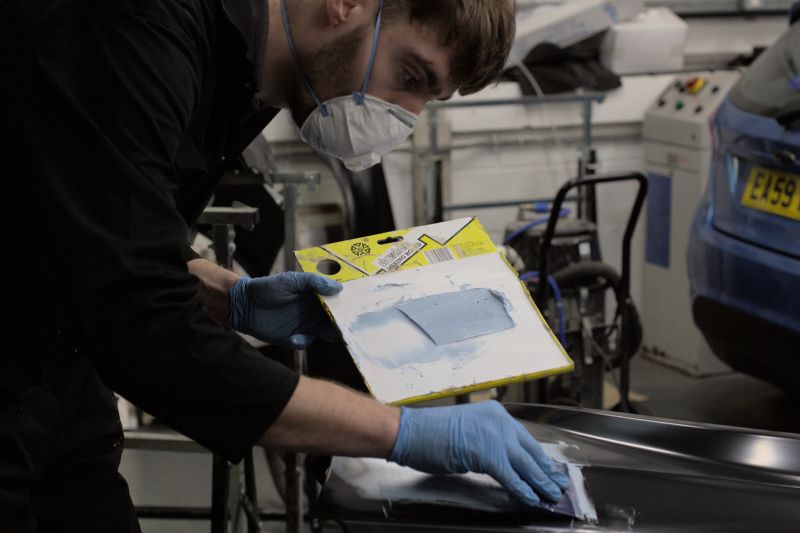
Overview of the Role
A motor vehicle Accident Repair Technician repairs all elements of a vehicle after it has sustained some type of collision damage. These range from small damage through to heavily impacted types of damage requiring complex and detailed repair or replacement of major structural elements of the vehicle. Typically, the Accident Repair Technician works in a modern highly technical workshop-type environment, working on a broad range of vehicles from cars and car derived vans to light commercial vehicles.
Uniquely, they work on and obtain a level of competence in all craft aspects of vehicle accident repair, including Mechanical, Electrical & Trim (MET); Panel Repair & Replacement; Preparation and Paint – not just one as has been the case in the past. Additionally, the Accident Repair Technician is able to interpret and work accurately to detailed and complex technical repair specifications / instructions and, at times, obtain these instructions from a range of electronic sources. An Accident Repair Technician has the ability to work in a focused, analytical and methodical fashion, completing repairs on time, every time with a right-first-time, customer-focused culture underpinning all their activities.
From day one, the Accident Repair Technician embraces the need to put complete customer satisfaction, as well as commercial awareness, at the centre of everything they do. The ability to excel whilst working within a team is a key output for any Accident Repair Technician.
For further information regarding the apprenticeship standard and assessment plan, including the full details of the assessment methods, please see the Institute for Apprenticeships and Technical Education website.